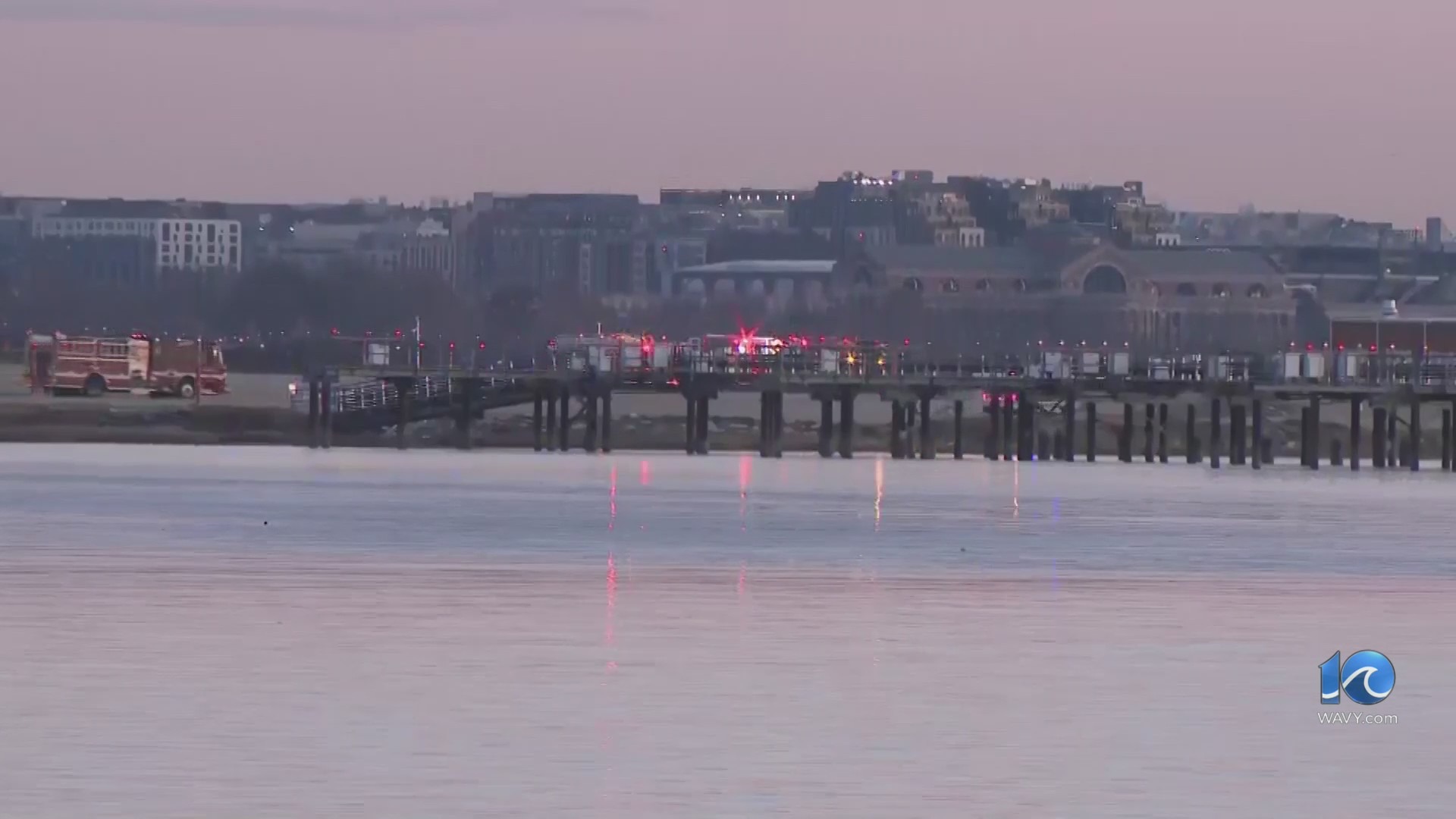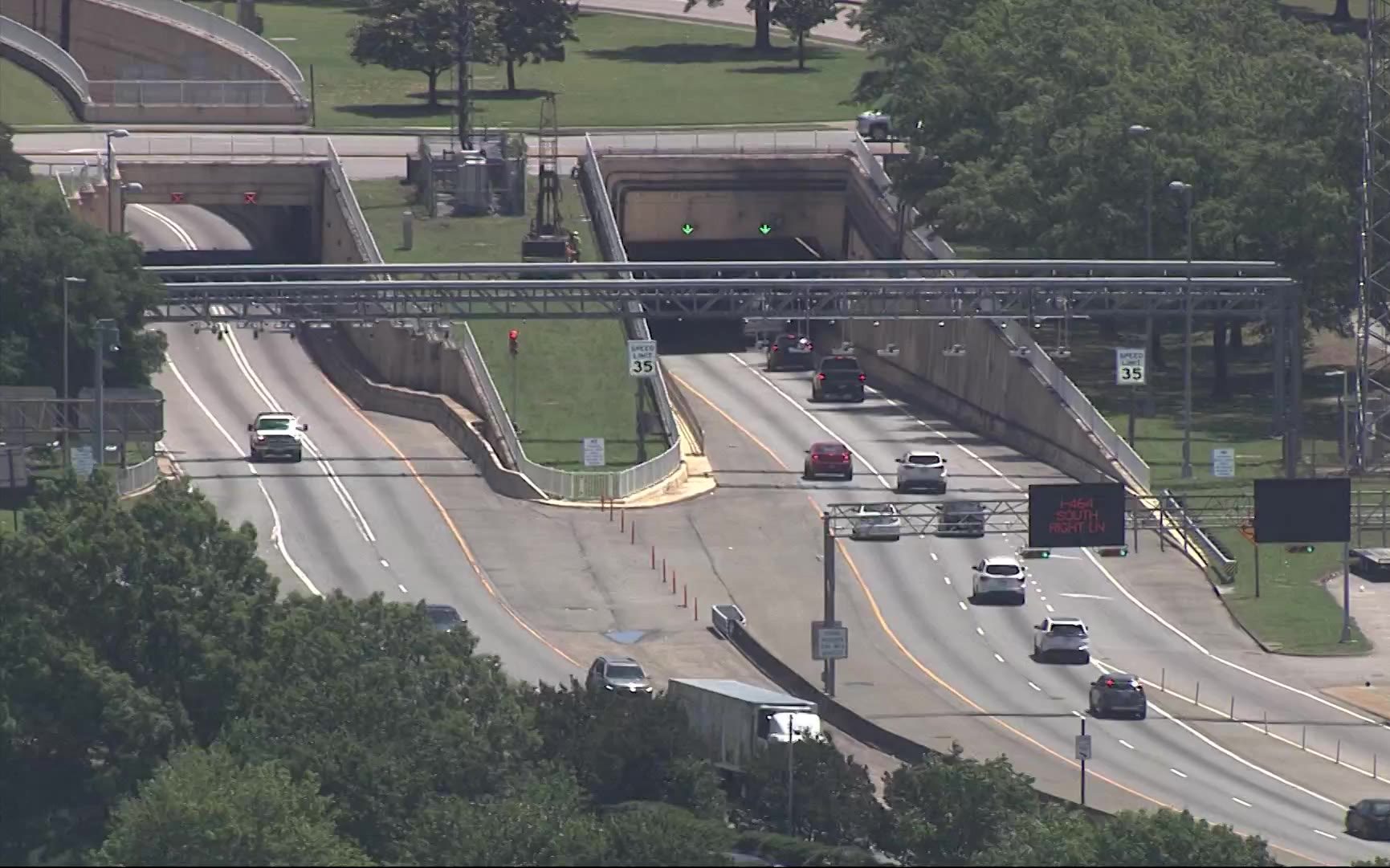VIRGINIA BEACH, Va. (WAVY) — According to court documents, Labrint Brown, 39, and Marissa Pressley, 24, were working together to prostitute a woman with a suspected mental health disability Saturday.
An undercover cop used an online site to set up the date with the victim to meet at a hotel. Court documents show he was actually speaking with the alleged trafficker, Pressley. In an arrest warrant, police described the 34-year-old victim’s mind as “childlike.”
Paperwork went on to note she had a suspected learning and functioning disability.
Police said this victim’s understanding of what was going on was so limited, she told the undercover cop he could do whatever he wanted to her, including “stab, kill or shoot her.”
Pressley and Brown were among four people arrested over a two-day period, June 20 and June 21, in connection to a two-day enforcement action by the Virginia Beach Police Department’s Special Investigations Bureau to target people and ID human trafficking victims. The operations were done as a part of the Hampton Roads Human Trafficking Task Force, leading to the arrests of:
- Larry Fulgham (M/39) of Suffolk — charged with possession of a controlled substance, two counts of pandering prostitution, use of a vehicle to promote prostitution, and driving on a suspended license.
- Tammy Brown (F/24) of South Carolina — charged with prostitution.
- Labrint Brown (M/37) of Norfolk — charged with possession of a firearm by a convicted felon, aiding prostitution, and sex trafficking.
- Marissa Pressley (F/24) of Norfolk — charged with aiding prostitution, use of a vehicle to promote prostitution, sex trafficking, and driving on a suspended license.
Six victims were identified and given support services in partnership with Samaritan House.
Robin Gauthier with Samaritan House said it’s common for traffickers to target vulnerable people, like those with a disability.
“Traffickers seek out people that are vulnerable,” she said. “People that are homeless, people that maybe are substance affected, people that have run away from home, especially young girls that have run away from home, people with disabilities.”
She said traffickers who target vulnerable people do so because they may be more susceptible to being controlled.
“They’re very vulnerable to predatory behavior. Traffickers are really good at manipulating them, telling them that they’re going to do something nice for them or to help them,” explained Gauthier.
Court documents state Pressley told police she met the victim at a hotel the week prior where another trafficker quote “gave the victim” to her.
When victims are identified or come forward, it’s organizations like Samaritan House who help them get back on their feet. From housing to dental care, they make sure survivors know they’re cared for and have support, for free.
“We are able to provide immediate emergency shelter,” Gauthier said. “We have an array of comprehensive services, anywhere from counseling services to groups to therapeutic services. We have an equine program, therapeutic yoga, all sorts of things that a victim may need, including medical and dental.”
Samaritan House runs solely on outside funding, which can make operations a challenge, but they get it done.
“We have 13 shelters out in our community, that’s like having 13 homes,” she said. “So imagine grocery shopping for 13 homes, repairs and maintenance. Think about 13 HVAC systems, 13 dishwashers. It’s a huge undertaking. But we do that for the victims in our community so they have a safe place to go.”
There are ways to help identify if someone is potentially a victim of human trafficking. Virginia Beach Police responded to questions asked by 10 On Your Side with more information.
According to the Human Trafficking Institute, victims of human trafficking often display some of the following indicators: unattended medical needs, absence of ID or travel documents, frequently at hotels, unfamiliar with names and acquaintances, living with their employer, inability to freely contact friends or family, inability to speak for themselves, distrust of outsiders, frequent runaway status, reclusive from support system, and resistance to contacting police.
If you believe you’ve found or seen someone who is a victim of human trafficking, Virginia Beach Police ask you to do the following:
For emergency situations, calling 911 would be appropriate, or the local non-emergency number 757-385-5000 in Virginia Beach. Additionally, the National Human Trafficking Hotline can be utilized 888-373-7888, or via text at 233733. The information can be reported anonymously. Services are available for victims of human trafficking, and a collaboration of law enforcement and private groups are available to help those being trafficked. The information provided by you could help save someone’s life.
During the investigation, out-of-state trafficking connections were revealed and federal law enforcement partners will pursue additional investigations.
If you are or someone you know is a victim of human trafficking, you can report it to the National Human Trafficking Hotline at 1-888-373-7888. If you’d like to donate to support victims like the one in this case, click here.







